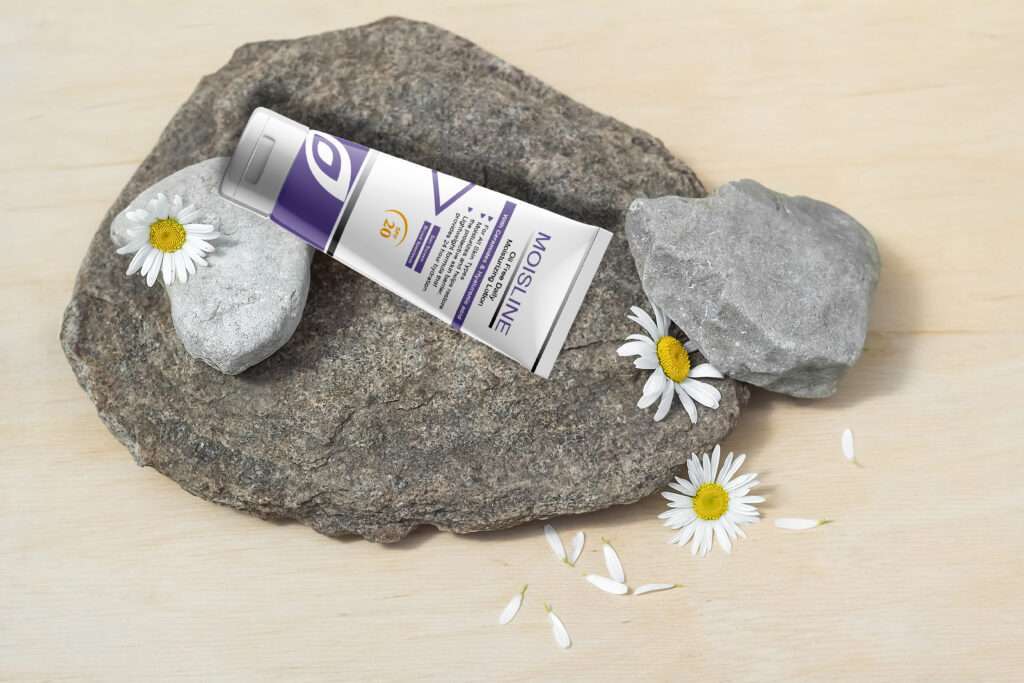Herbs can be beneficial for skincare in several ways:
- Antioxidant properties: Many herbs are rich in antioxidants, which can help protect the skin from damage caused by free radicals. Free radicals are unstable molecules that can damage cells and lead to signs of aging, such as wrinkles and fine lines.
- Anti-inflammatory properties: Inflammation is a common cause of many skin issues, such as acne and eczema. Herbs with anti-inflammatory properties can help calm and soothe the skin, reducing redness and irritation.
- Moisturizing properties: Some herbs, such as aloe vera, are known for their moisturizing properties. These herbs can help hydrate the skin, leaving it soft and supple.
- Antimicrobial properties: Certain herbs, such as tea tree oil, have antimicrobial properties that can help fight acne-causing bacteria and other skin infections.
- Exfoliating properties: Some herbs, such as papaya, contain enzymes that can help gently exfoliate the skin, removing dead skin cells and promoting cell turnover.
Do you want to check some herbal products for your skincare then click
Here we have listed 4 major herbs that are helpful and do wonder in skincare. These herbs are mostly part of every other product.
Aloe Vera:
Aloe vera is a succulent herbs that is widely used in skincare products. It is known for its anti-inflammatory and moisturizing properties, making it an ideal ingredient for soothing and hydrating the skin.
Moisturizing: Aloe vera is a natural moisturizer that can help hydrate the skin without leaving it feeling oily or greasy.
Soothing: Aloe vera has anti-inflammatory properties that can help soothe skin irritation and redness. It is particularly useful herb for treating sunburns and other types of burns.
Healing: Aloe vera has healing properties that can help promote the growth of new skin cells and speed up the healing process for wounds and other skin injuries.
Acne treatment: Aloe vera contains salicylic acid, which is a natural exfoliant that can help unclog pores and prevent acne breakouts. It also has antibacterial properties that can help kill acne-causing bacteria.
Anti-aging: Aloe vera is rich in antioxidants that can help protect the skin from damage caused by free radicals. This can help reduce the appearance of fine lines and wrinkles and prevent premature aging.
Tea Tree Oil:
Tea tree oil is a powerful essential herbal oil that has many benefits for the skin. Here are some ways that tea tree oil can be used as a herbal solution in skincare:
Acne treatment: Tea tree oil has antibacterial properties that can help kill acne-causing bacteria. It also has anti-inflammatory properties that can help reduce redness and swelling associated with acne.
Skin cleansing: Tea tree oil is a natural cleanser that can help remove dirt, oil, and makeup from the skin. It can be used as a spot treatment for acne or added to a cleanser to help purify the skin.
Dandruff treatment: Tea tree oil can help reduce dandruff by reducing the amount of yeast on the scalp. It can be added to shampoo or used as a scalp treatment to help soothe dry, itchy skin.
Nail fungus treatment: Tea tree oil has effective herbal anti-fungal properties that can help treat nail fungus. It can be applied directly to the affected area or added to a foot soak to help kill the fungus.
Insect bite relief: Tea tree oil has anti-inflammatory properties that can help reduce itching and swelling caused by insect bites. It can be applied directly to the bite to help soothe the skin.
To use tea tree oil for skincare, it is important to dilute it with a carrier oil, such as coconut oil or jojoba oil, before applying it to the skin. It can also be found in many skincare products, such as spot treatments, face washes, and body lotions.

Chamomile:
Chamomile is a herb that is often used in skincare products due to its anti-inflammatory and calming properties. It is also useful for treating skin conditions such as eczema and rosacea.
Antioxidant: Chamomile contains antioxidants that can help protect the skin from damage caused by free radicals. This can help prevent premature aging and reduce the appearance of fine lines and wrinkles.
Moisturizing: Chamomile has moisturizing properties that can help hydrate and soften the skin. It can be added to a moisturizer or used as a facial mist to help keep the skin hydrated.
Brightening: Chamomile can help brighten the skin and reduce the appearance of dark circles under the eyes. It can be used as an ingredient in an eye cream or added to a facial mask to help improve the complexion.
Anti-acne: Chamomile has antibacterial properties that can help fight acne-causing bacteria. It can also help reduce inflammation and redness associated with acne.
To use chamomile for skincare, you can brew a cup of chamomile tea and use it as a facial steam or facial rinse. You can also find chamomile in many skincare products, such as moisturizers, toners, and serums.
Turmeric:
Turmeric is a spice that is commonly used in skincare products due to its anti-inflammatory and antioxidant properties. It is especially useful for treating acne and reducing the appearance of dark spots and blemishes.
Anti-inflammatory: Turmeric has anti-inflammatory properties that can help soothe and calm irritated skin. It is particularly useful for treating conditions like psoriasis, eczema, and rosacea.
Brightening: Turmeric can help brighten the skin and reduce the appearance of dark spots and hyperpigmentation. It is also useful for evening out the skin tone.
Anti-aging: Turmeric contains antioxidants that can help protect the skin from damage caused by free radicals. This can help prevent premature aging and reduce the appearance of fine lines and wrinkles.
Acne treatment: Turmeric has antibacterial properties that can help fight acne-causing bacteria. It can also help reduce inflammation and redness associated with acne.
Exfoliating: Turmeric can help exfoliate the skin and remove dead skin cells, leaving the skin looking brighter and smoother. It can be used as an ingredient in a facial scrub or added to a facial mask to help improve the complexion.
Overall, herbs can be a natural and effective way to support healthy skin. However, it’s important to keep in mind that everyone’s skin is different, and what works for one person may not work for another. It’s always a good idea to do a patch test before trying a new product or ingredient, and to consult with a dermatologist if you have any concerns about your skin.


